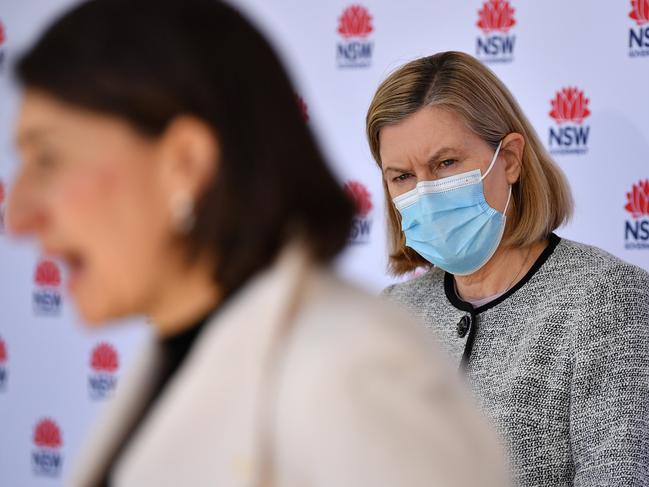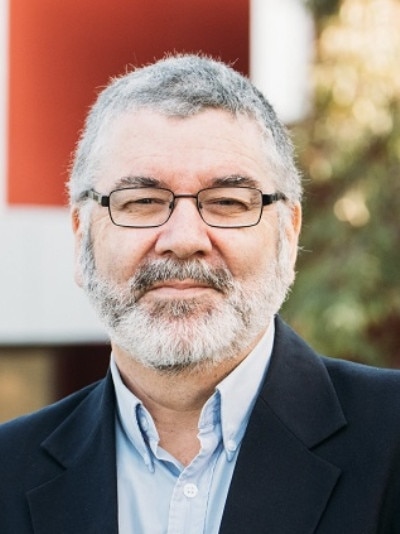Why vaccine recipients can still get Covid
Vaccine recipients are being reminded they too must obey public health orders as more people who have had the jab end up in hospital with Covid-19.
Coronavirus
Don't miss out on the headlines from Coronavirus. Followed categories will be added to My News.
Covid-vaccinated Australians are being urged to obey public health orders, as they can still catch the disease and transmit it to others.
While getting the jab significantly reduces a person’s likelihood of dying from coronavirus, many of those admitted to hospital through the current Covid outbreak had been vaccinated.
Professor Nigel McMillan from Griffith University said it was not surprising.
“Ninety per cent efficacy in trials means we could detect the virus in 10 per cent of these vaccinated people,” he said.
“The main point is the virus load will be very low in vaccinated people and we know from studies they have a highly reduced ability to spread the virus to close contacts.”
During the daily press briefing on Thursday, NSW chief health officer Kerry Chant appeared to sidestep the question of how many of the 73 people in hospital with Covid were vaccinated, saying the data “hasn’t been a focus” but stressing that “no one who has been vaccinated is in ICU”.

Last Friday it was reported that of the 47 people in NSW hospitals with Covid, 37 were unvaccinated — suggesting 10 of the 47 (22 per cent) had received at least one jab.
Professor and GP Dr Paul Van Buynder said studies showed a single dose of AstraZeneca or Pfizer gave the recipient about 30-35 per cent protection against the delta variant.
That figure rose to 80-85 per cent for AstraZeneca recipients, and 90 per cent effective for Pfizer recipients, if the recommended time intervals between doses was followed, Dr Van Buynder said.
But dropping the time frame for the second dose of AstraZeneca to eight weeks meant recipients were only getting 60-65 per cent protection, he said.


“People shouldn’t believe that they are immune from disease if they’re vaccinated, and people who are vaccinated have a community responsibility to obey the same restrictions that everybody else is,” Dr Van Buynder said.
“You may not get severe disease but you may give it to your grandparent, or someone in an aged care institution, or someone who is actually on cancer therapy, and they may suffer the ultimate consequence of this disease.”
Prof McMillan said the measles vaccine was one of very few that eliminated viruses completely,
“The vast majority of diseases do not do that and yet there are highly effective at reducing disease and death,” he said.
* Call to Arms for Australian businesses – A free coffee, half price tickets, a special experience discount? Do you have a deal/offer or incentive for Australians who have been vaccinated?
Tell us about them in an email to – smartdaily@news.com.au




